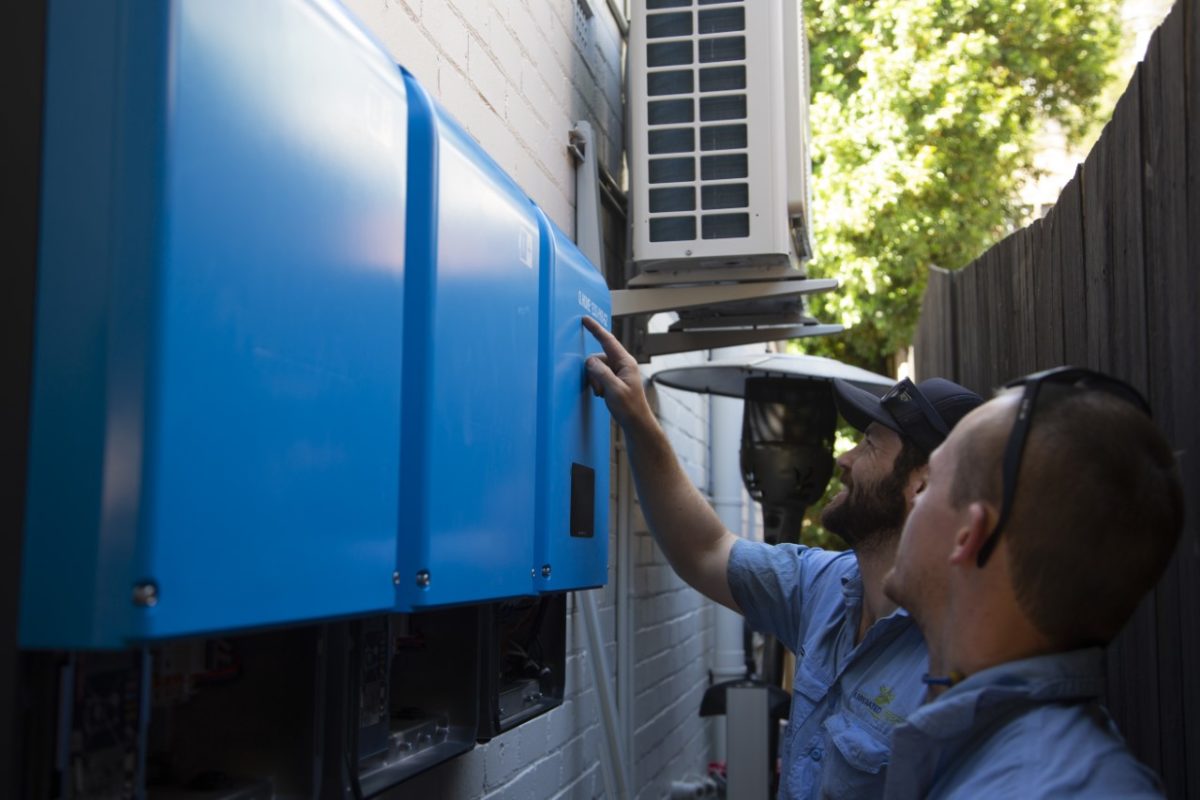A poll of 2,084 Australians conducted by uComms and commissioned by Queensland community group Solar Citizens suggests the vast majority of Australia’s would support greater subsidisation of home batteries and an expanded loan program for decarbonision technologies.
Key findings from the poll include:
- 48% of respondents would consider installing household solar or battery storage if they could access a government-provided no-interest loan.
- 31% would consider replacing gas appliances with electric if they could access a government-provided no-interest loan.
- 78% agree the federal government should expand the national rooftop solar subsidy to make it more affordable for Australians to also install household battery storage.
- 73% of people polled said they were concerned about affording their next electricity bill.
“We’re hearing from a lot of people now that they’d like to take the next step and invest in home battery storage to be more energy independent, but the upfront cost is a barrier,” Deputy Director of Solar Citizens, Stephanie Gray, said.
“There are simple steps the federal government can take to help make household storage more affordable, like introducing a rebate and providing no-interest loans for people to invest in clean technology.”
Exactly this rebate proposal was made by Independent Federal Member for Indi Helen Haines earlier this year when she tabled the Cheaper Home Batteries Bill which proposed making home batteries eligible for Small-scale Technology Certificates, the same scheme behind Australia’s thriving rooftop solar sector.
The proposal garnered widespread support with billionaire Mike Cannon-Brookes applauding the move on Twitter, MP Zali Steggall seconding the bill, and peak body the Smart Energy Council describing it as “important” legislation.
Despite the support, the bill lapsed at dissolution in April.
The landscape in Australia and worldwide has changed significantly since then, with most notably Russia’s invasion of Ukraine impacting global energy markets, as well as Australia’s federal government changing hans for the first time in a decade this May.
Solar Citizen’s survey result come as coal and gas prices are expected to drive up electricity prices in Australia by 56% over the next two years.
This content is protected by copyright and may not be reused. If you want to cooperate with us and would like to reuse some of our content, please contact: editors@pv-magazine.com.









Helen Haines’ bill should be reintroduced, with the amendments that I previously suggested to her and the bill’s seconder.
And, the CEFC should be providing interest free, no-deposit loans to households, to install the maximum possible capacity household rooftop photovoltaic systems with batteries, instead of using taxpayer’s money to fund big business. It is time that the feral parliament started acting in the interests of the common people of Australia, instead of acting solely in the interests of its members and their rich and powerful mates (and “donors”).
Every household in Australia, should have a behind the meter BESS, with capacity of at least 10kWh or 12 hours’ consumption for the household (whichever is the greater), to stabilise the electricity grids and to provide electricity supply stability and security for households and the grids, through energy arbitrage and providing UPS facility.
And, Australia should have universal regulation for the installation and grid connection of household rooftop photovoltaic systems, to overcome the gratuitously malicious, obstructive, restrictions of regional governments, like the WA state government, that is hostile to households getting installed, and using, household rooftop photovoltaic systems with behind the meter BESS’s.